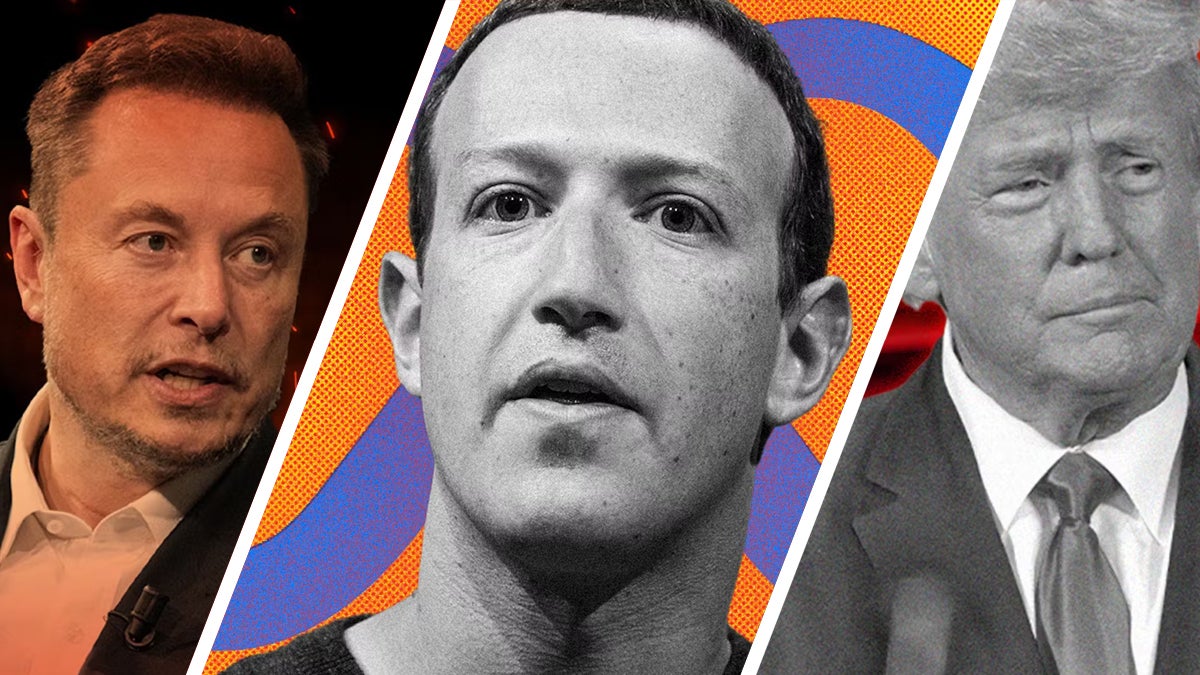
In this Passionfruit’s Weekend Roundup, conversations over free speech, censorship, and the TikTok ban lead the pack. We’ve got internet edge lords, Trump and the DOJ fighting over the TikTok ban, and Facebook abandoning fact-checking.
Here’s everything you might have missed this week on Passionfruit.
2025 Could Be the Year of the Internet Edge Lord

‘Edge lords’ have been a thing ever since the internet was created. As defined by the Merriam-Webster dictionary, edge lords are people “who make wildly dark and exaggerated statements (as on an internet forum) with the intent of shocking others.”
Broadly speaking, edge lords often express right-wing opinions. As Steven Asarch writes, the recent rightward shift in America is empowering the edge lords. The online personas aren’t just entering the mainstream discourse, but actively affecting the mainstream in and of itself.
Take Donald Trump appeared in a Kick stream with Adin Ross during election season for example. Or proud poster Elon Musk, befriending Trump, landing a job under his administration, and trying to influence UK politics. It’s a good time to be an edge lord.
You can read more here.
The DOJ Says Trump’s Request To Pause TikTok Ban Has No Legal Standing
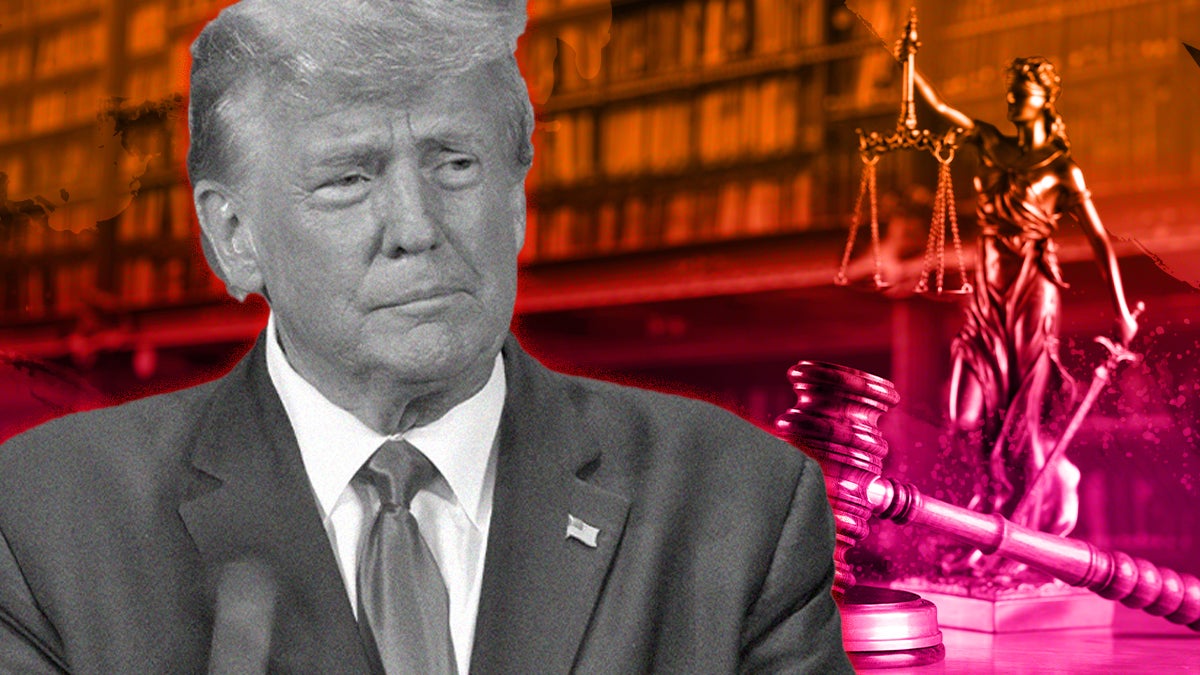
With the TikTok ban looming, Donald Trump has been pulling out all the stops to prevent it from going ahead. In a filing to the Supreme Court, Trump’s lawyer, D. John Sauer, said that the incoming President, who is set to be inaugurated a day after the ban, wants to delay the ban in order to give his administration time to seek a “political resolution” to the issue.
However, the Department of Justice (DOJ) is pushing back against the filing. They’ve urged the Supreme Court to reject the proposal for failing to address the First Amendment argument at the heart of the case.
To learn more about what the DOJ said, you can read the full article here.
Meta Gives Up On Facts
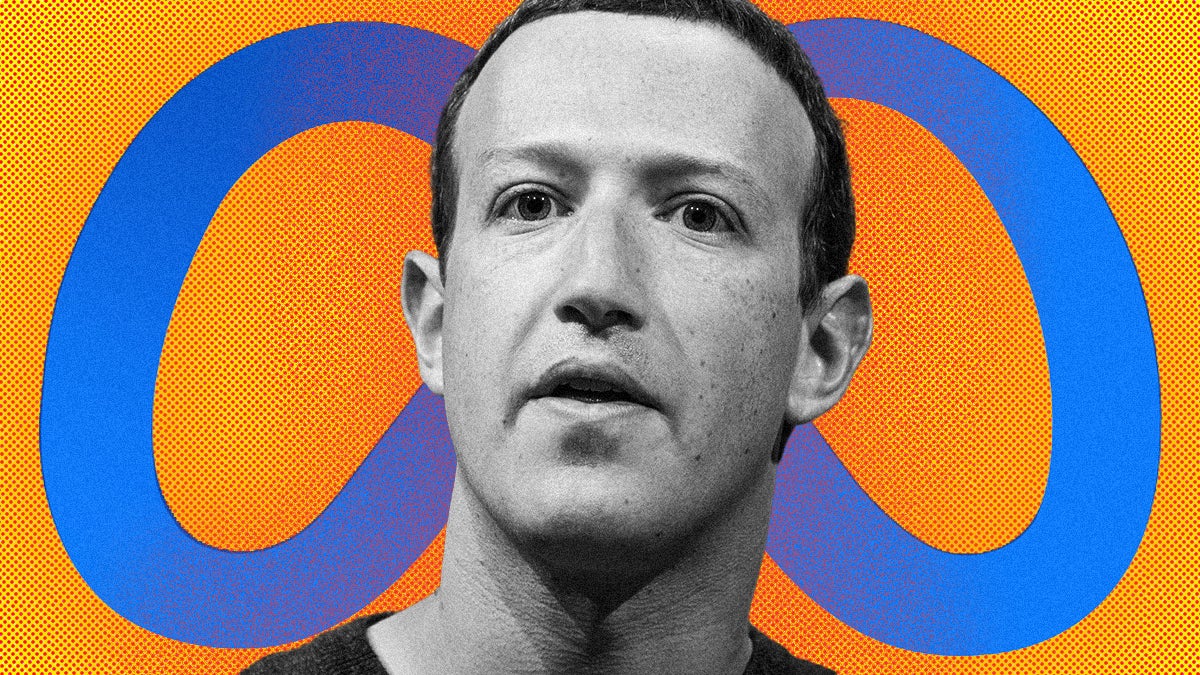
As the owner of Meta, Mark Zuckerberg is one of the most influential men in the world. This makes it all the more worrying that he’s set to radically change Meta’s fact-checking and content moderation processes.
He’s getting rid of Meta’s external fact checkers. They will be replaced with an X-like ‘Community Notes’ approach. Now it will be up to users to fact-check content and add further context if they deem it necessary. He is also lifting rules preventing “civic discourse” on users’ feeds and ensuring that political content is no longer downranked by default.
All of this, Zuckerberg says, is in the name of free speech. Find out more here.
What the Winter Arc Gets Wrong About Personal Growth

In anime, the “winter arc” refers to the time the main characters spend on improving themselves. They might train with a wiser, stronger character, or, in the case of Dragon Ball Z, go into the Hyperbolic Time Chamber.
The term has taken on a broader meaning across social media, referring to self-improvement over the winter months. This can be health, fitness, or completely different areas of your life. At its core, as explained by Merritt K, it is all about retreating from daily life, working on yourself and then re-emerging as a brand new person — just like The Princess Bride.
However, as Merritt points out, self-isolation might not be necessarily healthy; nor is improving solely for the purpose of external validation. For more about how to get your winter arc right, read the full article here.
TikTok’s What’s Next Report of 2025 Released
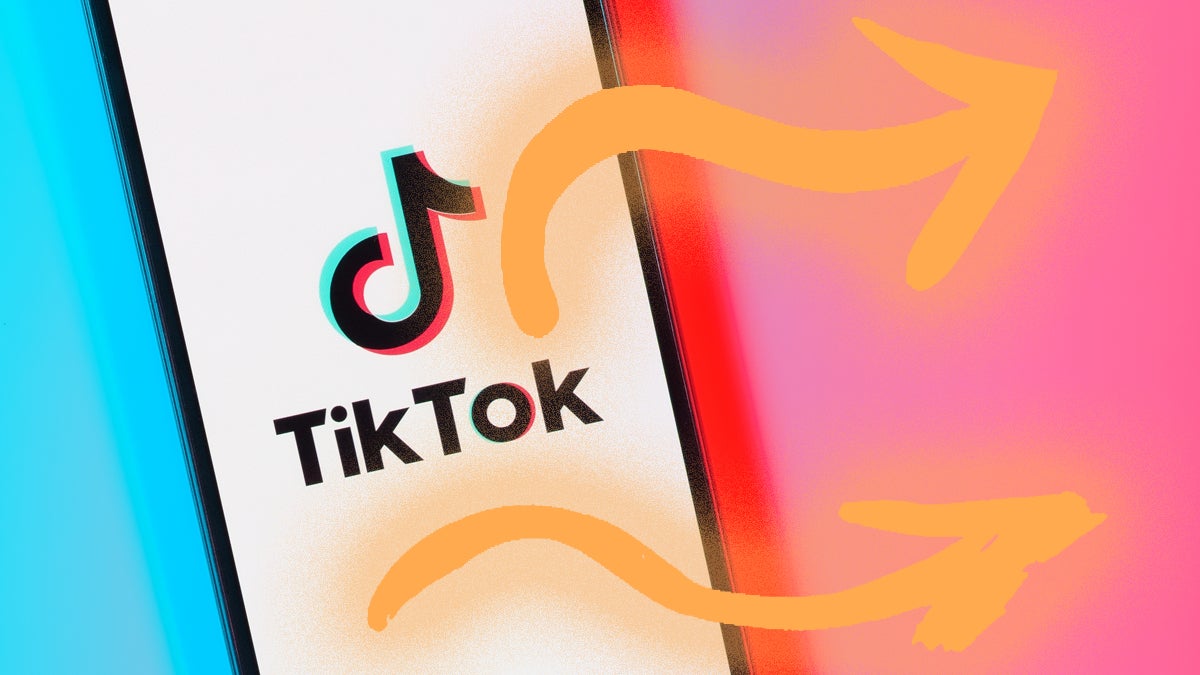
On Wed, Jan. 8, TikTok released its What’s Next Report of 2025. The report ushers in what it calls the Brand Chem Movement. These are trends impacting how brands collaborate with creators and wider communities in order to create impactful content. There are three categories of this “movement”: Brand Fusion, Identity Osmosis, and Creative Catalysts.
Brand Fusion refers to brands becoming more relevant by embracing authentic content and by collaborating with a diverse range of creators.
Identity Osmosis, is the trend of brands holding a mirror up to consumer values, and reshaping their identities to match.
Finally, there are Creative Catalysts. This trend highlights brands increasingly experimenting with different formats and tools. The report provides an interesting view into where TikTok sees the future going. That is, if TikTok survives January.
For more on the report, including statistics, click here.
David Dobrik’s Return to Vlogging Has Me Uneasy

Once upon a time, David Dobrik was a household name. But everything changed when, in 2021, a Business Insider investigation revealed that one of his biggest collaborators, Dom Zeglaitis, had been accused of sexual assault by two different women.
This was the catalyst that led to other allegations by former members of the Vlog Squad about Dobrik and his inner-circle.
After posting an apology video, Dobrik largely disappeared from the internet for over three years before making a triumphant return to his channel on Jan. 8 with a much-talked-about body transformation.
However, for writer Steven Asarch, there’s something uncomfortable about this return. Find out why in this article.
Ray-Ban Meta Smart Glasses Review
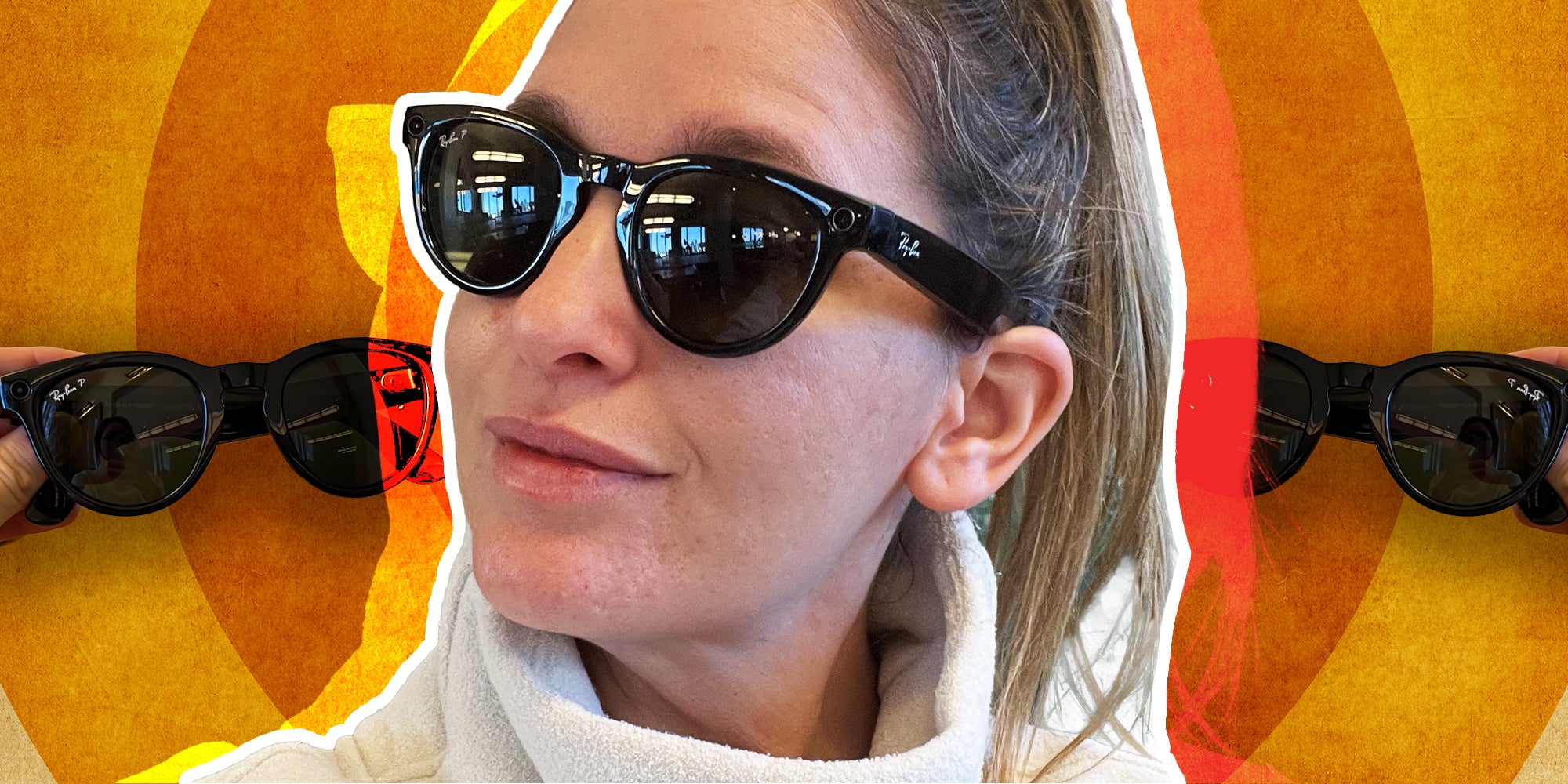
Ray-Ban smart glasses have been around since 2021, but the concept of smart glasses still feels pretty novel. In short, smart glasses are a type of wearable tech that performs tasks like making phone calls, taking photos, and recording videos.
To find out more about the fuss surrounding smart glasses, Jen Glantz wore hers for a week and reported back to Passionfruit about what she discovered. The results were mixed. While they looked good and helped her to record content on the go, the resultant content wasn’t as high quality as her phone and was restricted to 60 seconds.
To learn more about her findings, click here.




